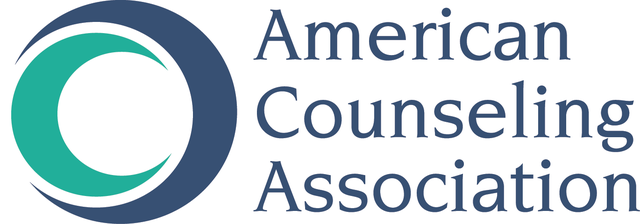The Case of Dominique: A Client’s HIV Disclosure and Related Risks
Full description
Receiving an HIV positive diagnosis used to be an almost certain death sentence. In recent years, there have been many advances in prevention, detection, and treatment of HIV. Treatments have become more effective at prolonging life, although HIV remains a progressive, incurable disease. Even with the revolutionary advances in the past 30 years, there are many ethical considerations and issues that must be considered when a client makes a disclosure of being HIV positive during a counseling session. Individuals with HIV face many challenges: initial diagnosis, treatment, disclosure of HIV status with others, relationship issues, and adhering to medical treatment. The Duquesne University Master’s Ethics team applied a HIV-specific decision-making model to the case study of Dominique to address the ethical issues presented in the case. This case also presents complexities of counseling a professional athlete and considerations concerning social media. The ethical and legal concerns of duty to warn and duty to protect with an HIV positive client are discussed. The team researched current literature, applied the 2014 ACA code of ethics, and reviewed appropriate legal codes through the application of the HIV-specific decision making model.
Comments
to view and add comments.
Annotations
No one has annotated a text with this resource yet.
- typePdf
- created on
- file formatpdf
- file size227 kB
- container titleVISTAS Online
- copyright statusIn Copyright
- creatorAbigail S. Wengerd, Hannah P. Hill, and Iris R. Konieczka
- issue2014
- publisherAmerican Counseling Association
- publisher placeAlexandria, VA
- rights holderAmerican Counseling Association
